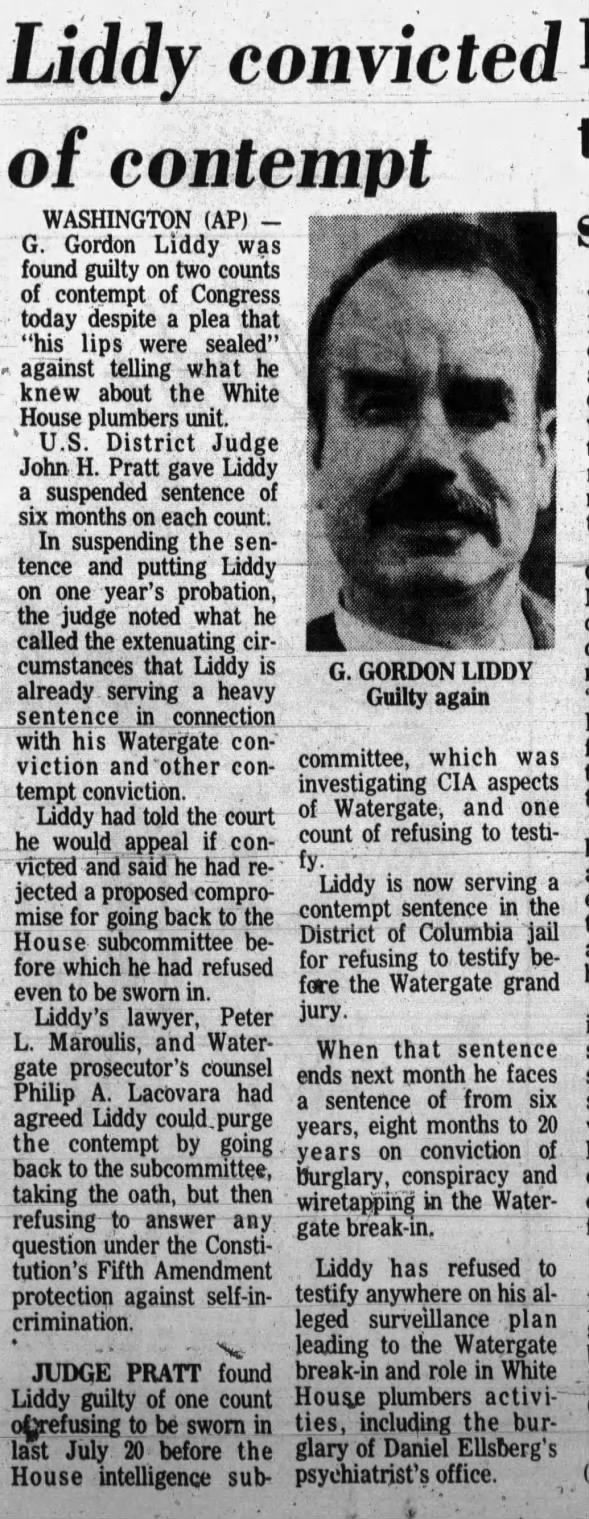On November 12, 2021, the U.S. Department of Justice (DOJ) announced that Steve Bannon, who served as White House chief strategist and senior counselor to the president at the start of U.S. President Donald Trump’s term, was indicted by a federal grand jury on two counts of contempt of Congress after he failed to honor a subpoena issued by the House Select Committee as part of their investigation into the Jan. 6 attack on the U.S. Capitol.
Bannon, 67, is charged with one contempt count involving his refusal to appear for a deposition and another involving his refusal to produce documents, despite a subpoena from the House Select Committee to Investigate the January 6 Attack on the U.S. Capitol. An arraignment date has not yet been set in the U.S. District Court for the District of Columbia.
As this news circulated on social media, many people noted that Bannon was the first person to be indicted by a grand jury on contempt of Congress charges in nearly 40 years. Laurence Tribe, professor of constitutional law at Harvard, wrote on Twitter: “Bannon’s is the first indictment for criminal contempt of Congress in nearly 40 years. It was well earned.”
Legal analyst Elie Honig made a similar observation on CNN:
>> @ElieHonig: “The Justice Department has not charged anyone with criminal contempt of congress in 38 years, since 1983.” pic.twitter.com/eknLMQohAg
— Brian Stelter (@brianstelter) November 12, 2021
While the House of Representatives and the U.S. Senate both have the power to certify contempt citations, it is up to the DOJ to pursue criminal prosecution. The Congressional Research Services writes: “The criminal contempt statute permits a single house of Congress to certify a contempt citation to the executive branch for the criminal prosecution of an individual who has willfully refused to comply with a committee subpoena.”
The House and Senate have both voted in recent years to hold various people in contempt of congress — such as former Attorney General William Barr, former Commerce Secretary Wilbur Ross, and former Attorney General Eric Holder — but it hasn’t been since 1983 that the DOJ indicted someone (in that case, Rita M. Lavelle, a former Environmental Protection Agency official) for contempt of Congress for refusing to comply with a subpoena to testify about the EPA’s hazardous waste cleanup fund. While Lavelle was later cleared of this charge, she was later found guilty of perjury.
The New York Times writes: “The last person charged with criminal contempt of Congress, Rita M. Lavelle, a former federal environmental official under President Ronald Reagan, was found not guilty in 1983 of failing to appear at a congressional subcommittee hearing. She was later sentenced to prison for lying to Congress.”
To find the last person found guilty of contempt of Congress charges, you have to go back another decade to 1974, when G. Gordon Liddy, a Watergate conspirator, was convicted of the charge.

Bannon is the first person to be indicted on contempt of Congress charges since 1983, and he could become the first person to be found guilty of those charges since 1974. The DOJ noted in its release that “all defendants are presumed innocent until proven guilty beyond a reasonable doubt in a court of law.” If Bannon is found guilty, he’ll face a maximum sentence of one year in jail for each charge.
Each count of contempt of Congress carries a minimum of 30 days and a maximum of one year in jail, as well as a fine of $100 to $1,000. A federal district court judge will determine any sentence after considering the U.S. Sentencing Guidelines and other statutory factors.
An indictment is merely an allegation and all defendants are presumed innocent until proven guilty beyond a reasonable doubt in a court of law.
Sources:
Andrew Desiderio. “House Holds William Barr, Wilbur Ross in Criminal Contempt of Congress.” POLITICO, https://ift.tt/tpvHK5Q. Accessed 12 Nov. 2021.
Bannon’s Been Cited for Contempt of Congress. But Will He Ever Be Forced to Cooperate with the Jan. 6 Probe? https://ift.tt/I4kGEZj. Accessed 12 Nov. 2021.
Benner, Katie, and Luke Broadwater. “Bannon Indicted on Contempt Charges Over House’s Capitol Riot Inquiry.” The New York Times, 12 Nov. 2021. NYTimes.com, https://ift.tt/MamEiGA.
Bresnahan, John, and Seung Min Kim. “Holder Held in Contempt.” POLITICO, https://ift.tt/z7ra3uY. Accessed 12 Nov. 2021.
Contempt of Congress | Wex | US Law | LII / Legal Information Institute. https://ift.tt/A4nijvb. Accessed 12 Nov. 2021.
“Explainer: What’s at Stake for Trump Allies Facing ‘Contempt of Congress’?” Reuters, 14 Oct. 2021, https://ift.tt/kjQSB0e.
Kurtz, Howard. “Lavelle Indicted by Grand Jury On Contempt of Congress Charge.” Washington Post, 28 May 1983. www.washingtonpost.com, https://ift.tt/2e9TksO.
“Liddy Convicted of Contempt.” Press-Telegram, 10 May 1974, p. 1.
Stephen K. Bannon Indicted for Contempt of Congress. 12 Nov. 2021, https://ift.tt/dpmHebF.
Steve Bannon Contempt of Congress Case Stands out Historically. 22 Oct. 2021, https://ift.tt/JeRxibm.
“The House’s Contempt Powers Explained – National Constitution Center.” National Constitution Center – Constitutioncenter.Org, https://ift.tt/26LtJC1. Accessed 12 Nov. 2021.
“Trump Adviser Bannon Criminally Charged for Defying Jan. 6 Subpoena.” Reuters, 12 Nov. 2021, https://ift.tt/P39Ilox.
“U.S. House Holds Trump Ally Bannon in Contempt, Seeks Prosecution.” Reuters, 22 Oct. 2021, https://ift.tt/kLr5RKD.
“What Is Contempt of Congress? 5 Key Questions.” NBC News, https://ift.tt/zK506Xg. Accessed 12 Nov. 2021.
Bannon 1st Person Charged with Contempt of Congress Since 1983
Source: Kapit Pinas
0 Comments